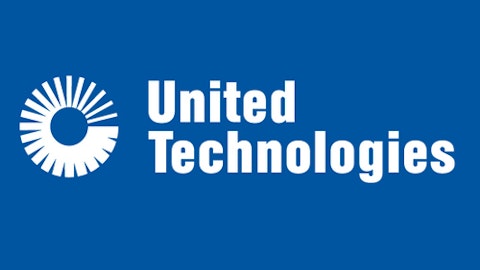Join The Motley Fool’s Austin Smith for a chat with Sandeep Munshi, Director of Technology and Development at Westport Innovations Inc. (USA) (NASDAQ:WPRT). Based in Vancouver and with facilities in eight other countries, Westport Innovations Inc. (USA) (NASDAQ:WPRT) is the industry leader in natural gas engines and vehicles.
There are no technological barriers to large-scale natural gas engines for ships or trains, and the operating economics are attractive as well. In the transcript below, Sandeep discusses the possibility of such developments.
To watch the full interview, click here.
Austin Smith: Most investors are really excited about Westport Innovations Inc. (USA) (NASDAQ:WPRT) and the application of maybe train-based engines or marine-based engines. What different considerations are there when you look at natural gas engines in those spaces?
Sandeep Munshi: Again, I would think the operating economics is one of the very strong … because these large applications are very large users of fuel, so the operating cost component over the life of those applications or vehicles is very, very significant. That, itself, makes it very attractive to switch to natural gas.
Additionally, there are emissions benefits that one would gain by switching to natural gas. From a greenhouse gas point of view, natural gas — to speak in kind of an approximate manner — about 20% less greenhouse gases, compared to traditional petroleum fuels. For a large fuel user like a marine or rail locomotive, that would mean very significant savings in greenhouse gas reductions as well.
Austin: Are there any sort of technological hurdles or any engineering barriers to that, or is the engine functionally basically the same?
Sandeep: Again, technologies exist today. What we are doing with our heavy-duty engines, our HPDI technology — that is suitable also for larger engine applications.
Of course, as time evolves we will continue to investigate other methods of burning natural gas for all sizes of engines, and that includes large engines. There is always a continued technology innovation part to it.
In a nutshell, what we have today is applicable, but of course as future goes, there would be other new ideas that would come up.
Austin: I’m wondering if you have any thoughts on … it would seem to be one of the biggest problems with mass natural gas vehicle adoption has been an availability problem. There just haven’t been that many refueling stations, but we know that companies like General Electric Company (NYSE:GE) have at-home fueling stations that customers could buy.
I’m wondering if you have any thoughts on that technology and what implications it would have for natural gas vehicles?
Sandeep: Yeah, I believe until a point comes when there are enough refueling stations available, one probably would have to rely to a certain extent on ideas like home refueling, so they are important in a kind of a transition phase.
Again, the technologies exist. The question comes down to cost, and the cost, as more and more people adopt these technologies, continues to come down, so from a consumer point of view, this is happening.
Investment in, also, home refueling infrastructure is important until the point comes when a large number of stations are available. That would be the way to go.
The article Does Natural Gas Make Sense for Rail and Marine Engines? originally appeared on Fool.com and is written by Austin Smith.
Austin Smith has no position in any stocks mentioned. The Motley Fool recommends Westport Innovations. The Motley Fool owns shares of Westport Innovations.
Copyright © 1995 – 2013 The Motley Fool, LLC. All rights reserved. The Motley Fool has a disclosure policy.




